Remember, the next day when you go to take your dog outside, that there may be leftover items from the fireworks or just from your barbecue that can be very harmful. Lighter fluids, citronella candles, and insect repellants can irritate a pet’s skin and, if swallowed, cause gastrointestinal distress and central nervous system depression. If inhaled, the lighter fluid can cause aspiration pneumonia and breathing problems.
If you notice that your pet stays upset for days afterwards and the noise phobic behaviors seem severe, consult your veterinarian. The doctor may recommend medication for your pet as a last resort.
Make sure to keep a close eye on your feline friends, particularly males, to see if they are going to the bathroom outside of the litterbox, if there is blood in their urine, or if they are straining or not urinating at all (this is potentially deadly). Urinary tract disorders in cats are often stress induced, so these can be triggered by fear of loud noises such as fireworks and thunderstorms.
The bladder of a cat can become inflamed in response to stress so that crystals form and the narrow urethra, particularly in males, can become blocked. If your cat stops eating, throws up and you know he or she is not urinating at all, it is an emergency and your cat must be taken to a veterinarian immediately.
If you’re hitting the road with your pets this summer, stay vigilant during family vacations too—fireworks displays are common and the chance of thunderstorms increases as well. The number of lost pets rises greatly during vacations. You can bring along some of the items mentioned and create a calm and secure space on the road for each of your pets. Have a fun and safe summer!

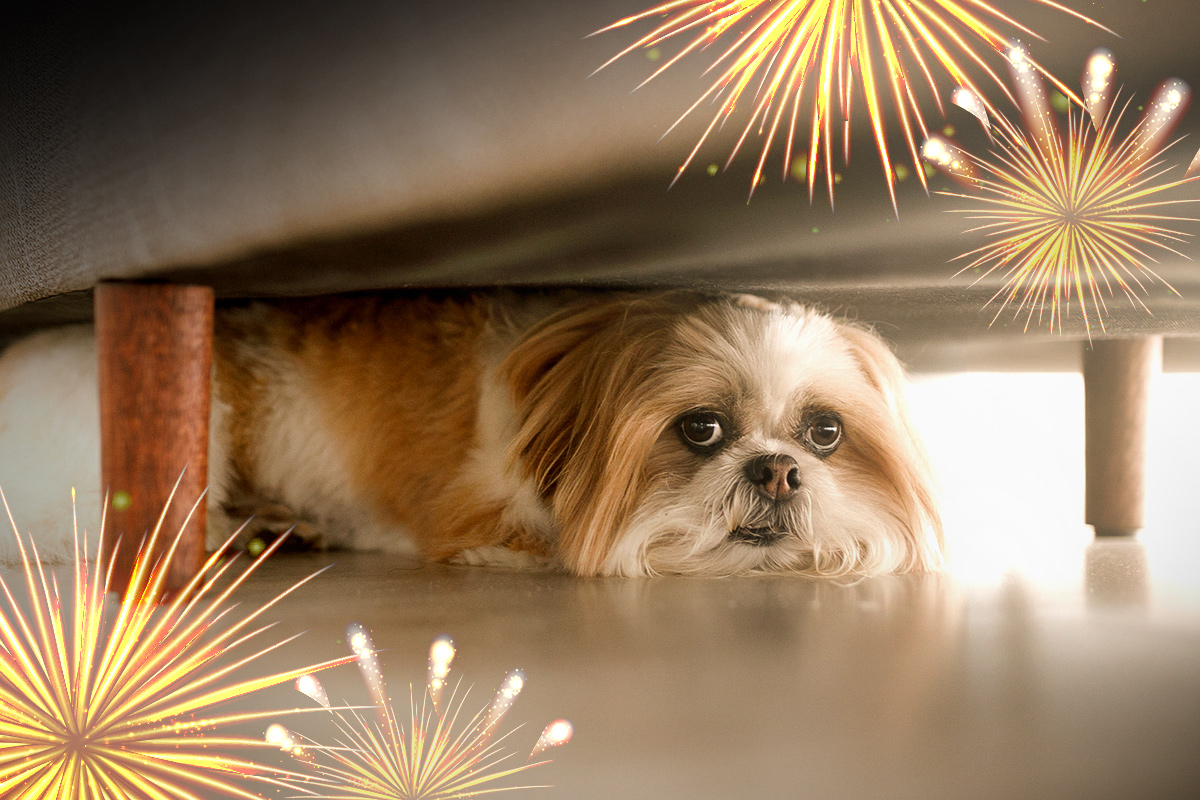
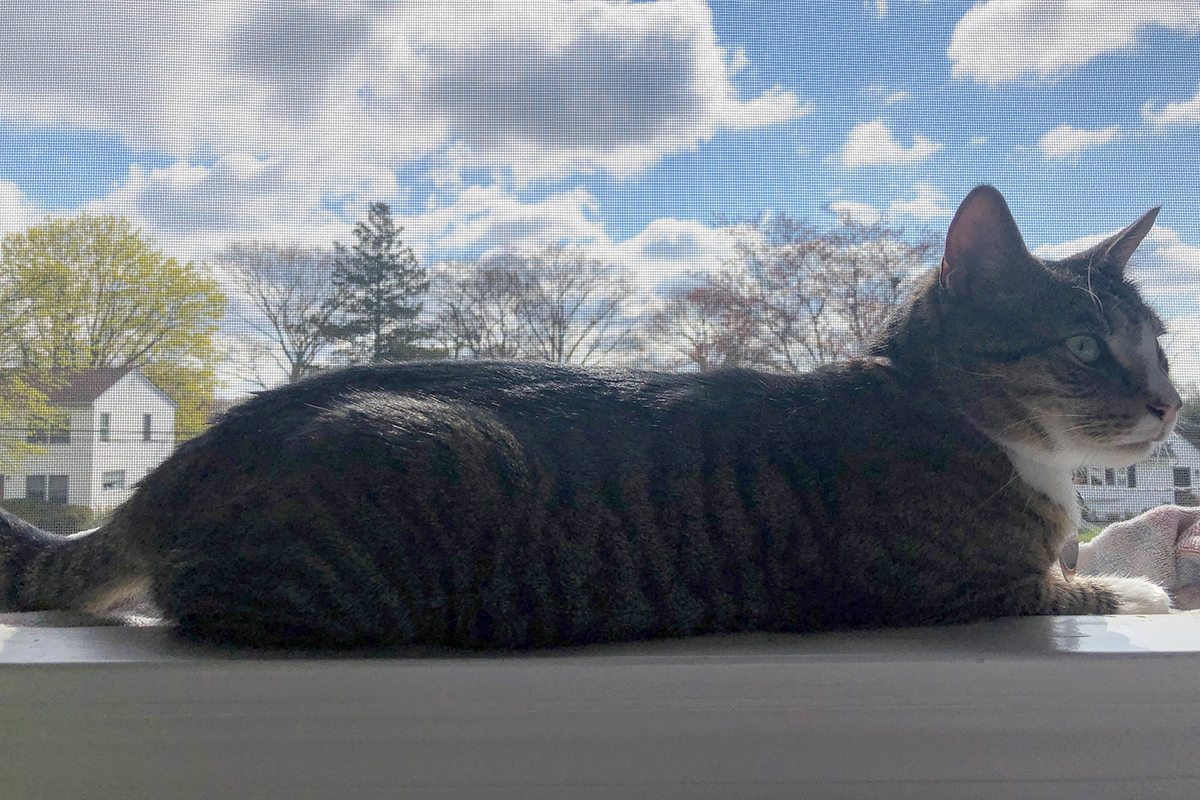

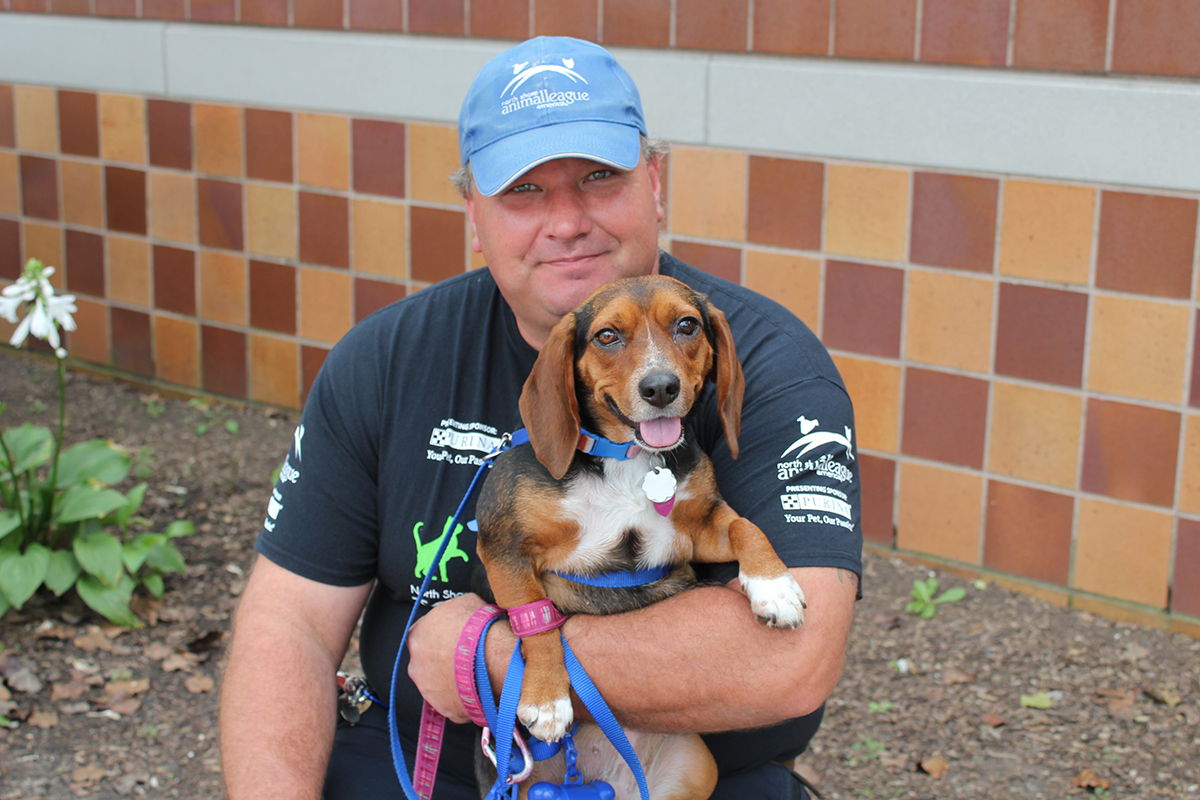
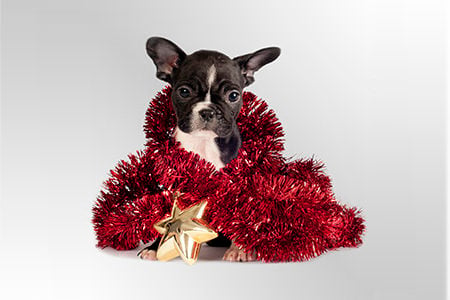
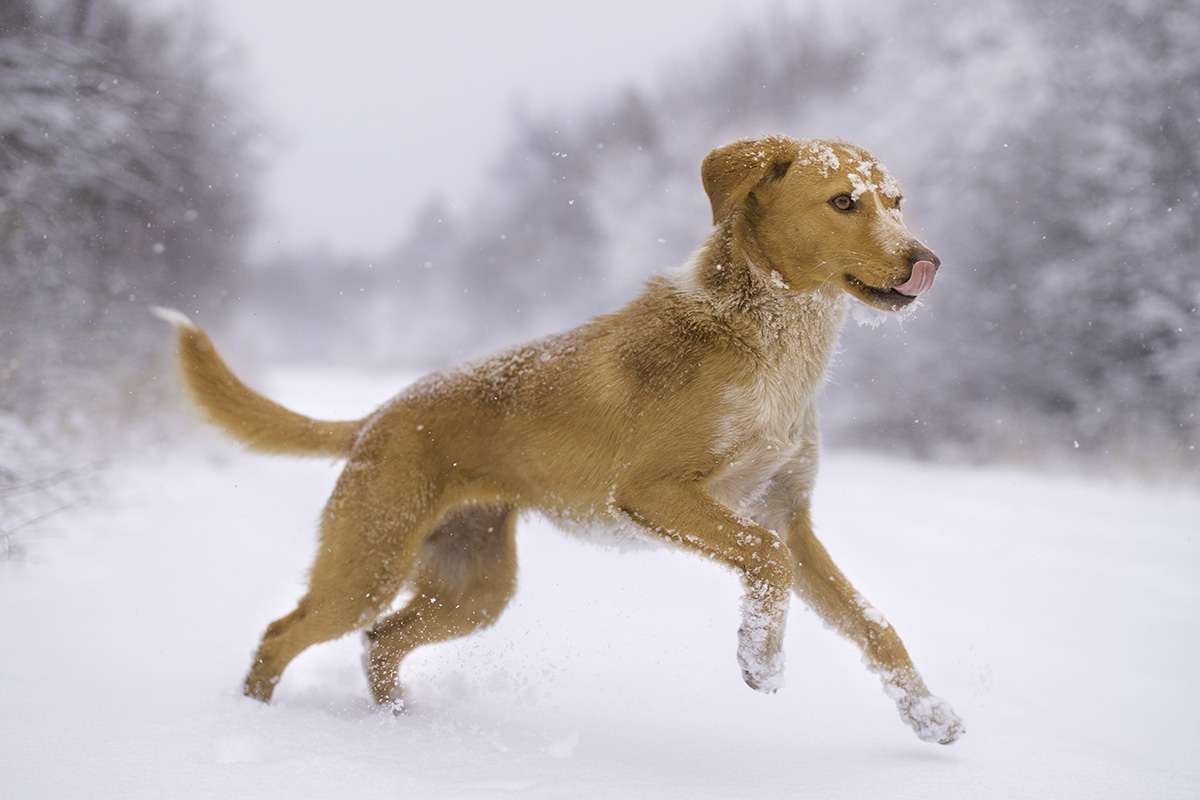
Leave a Reply